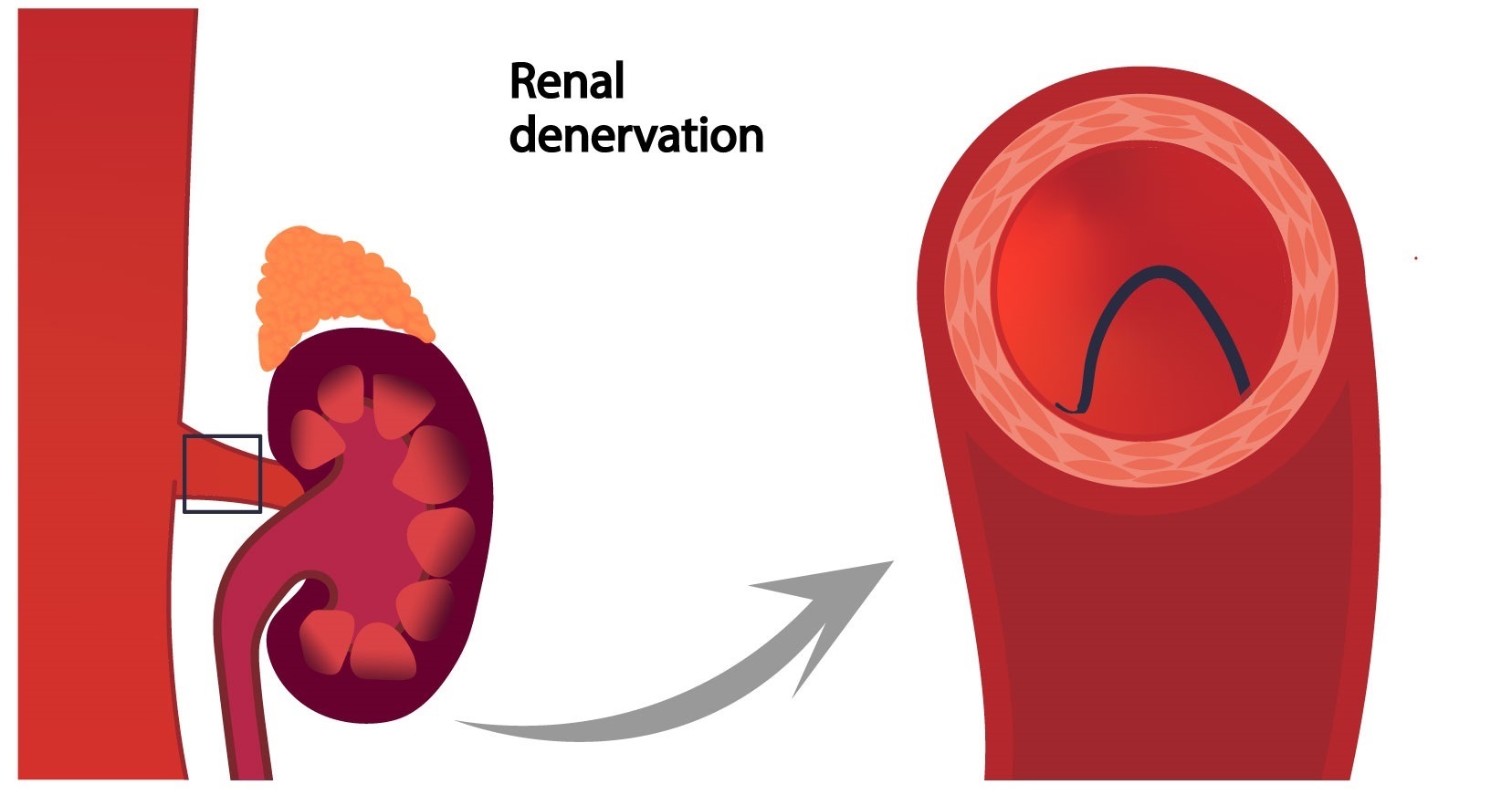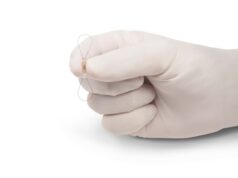 The Society for Cardiovascular Angiography & Interventions (SCAI) has released a position statement on renal denervation, in which it emphasises the importance on patient selection, optimal techniques, competence, training, and institutional recommendations in the use of the technique as a treatment for hypertension.
The Society for Cardiovascular Angiography & Interventions (SCAI) has released a position statement on renal denervation, in which it emphasises the importance on patient selection, optimal techniques, competence, training, and institutional recommendations in the use of the technique as a treatment for hypertension.
The statement was published today (21 August) in the Journal of the Society for Cardiovascular Angiography & Interventions (JSCAI).
Despite advocacy for lifestyle interventions and the availability of medications to address hypertension, more than one half of individuals with high blood pressure do not achieve recommended treatment goals, SCAI said in a statement. Renal denervation is a minimally invasive procedure targeting sympathetic nerves adjacent to the renal arteries and has shown promising results in reducing blood pressure in a number of sham-controlled trials.
Therapies targeting the renal sympathetic nervous system, such as renal denervation, hold “tremendous potential” for the treatment of hypertension, SCAI said in its statement, adding that the treatment may have beneficial effects on other conditions associated with sympathetic imbalance, including sleep apnoea, left ventricular hypertrophy, albuminuria, and atrial fibrillation (AF).
The SCAI position statement emphasises the importance of appropriate patient selection, thorough pre-procedure evaluation, meticulous procedural planning and technique, strict operator training standards, and facility requirements for the success of renal denervation programmes. By addressing these key aspects, the statement aims to pave the way for integration of renal denervation into the management of hypertension.
“Device therapies targeting the renal sympathetic nervous system hold promise as adjuncts to abate or interventions to abolish hypertension, depending upon the underlying severity of blood pressure elevation,” said Herbert Aronow (Michigan State University College of Human Medicine, East Lansing, USA), chair of the writing group. “This statement emphasises that with appropriate patient selection, evaluation, and strict implementation of operator training standards and facility requirements, renal denervation treatment can be provided in an optimal fashion to this patient population.”
SCAI’s new position comes soon after the European Society of Hypertension (ESH) had updated its own arterial hypertension management guidelines in which it stated that renal denervation can be proposed as an adjunctive therapy in select patients with resistant hypertension.
Initial excitement over the potential for renal denervation as a device-based treatment for hypertension cooled following the release of initial results of the SYMPLICITY HTN-3 trial in 2014, in which it was shown that, at six months, renal denervation did not elicit significant incremental blood pressure lowering benefit compared with a sham procedure.
Meanwhile, a joint consensus statement from the ESC Council on Hypertension and the European Association of Percutaneous Cardiovascular Interventions (EAPCI), published in February 2023, noted that renal denervation represents another treatment option in patients with uncontrolled resistant hypertension and may be used in selected patients deemed intolerant to antihypertensive drugs.
Currently there are no renal denervation devices approved for commercial use in the USA, though Medtronic and ReCor have both filed premarket approval applications to the US Food and Drug Administration (FDA) for their respective systems. At a meeting this week, the Circulatory System Devices Panel of the FDA’s Medical Devices Advisory Committee will meet to advise on the use of both devices in patients with uncontrolled hypertension.










